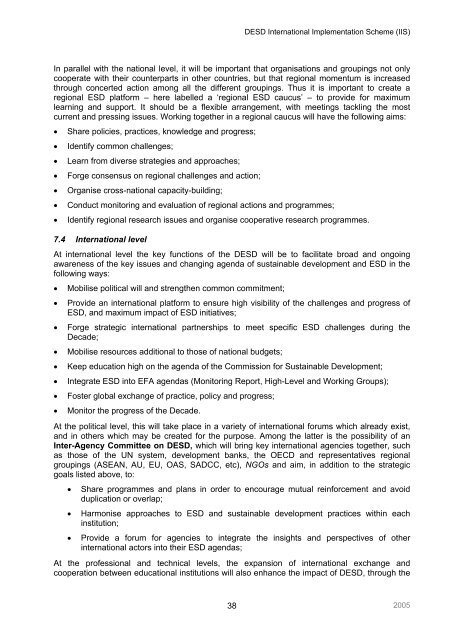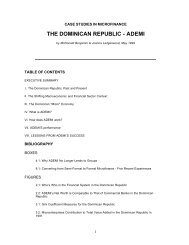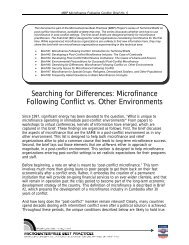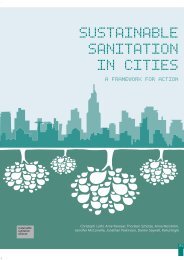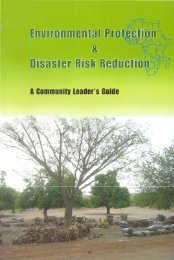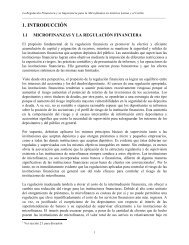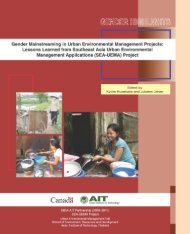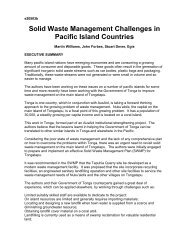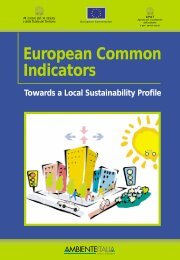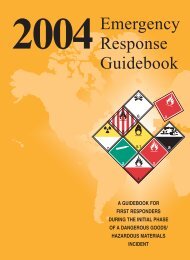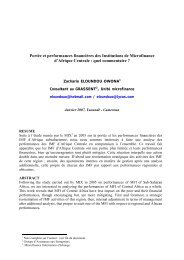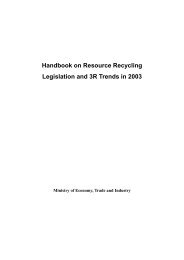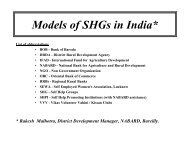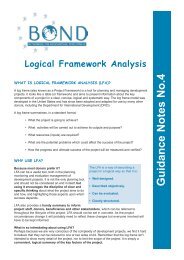The International Implementation Scheme (IIS) - Unesco
The International Implementation Scheme (IIS) - Unesco
The International Implementation Scheme (IIS) - Unesco
You also want an ePaper? Increase the reach of your titles
YUMPU automatically turns print PDFs into web optimized ePapers that Google loves.
DESD <strong>International</strong> <strong>Implementation</strong> <strong>Scheme</strong> (<strong>IIS</strong>)<br />
In parallel with the national level, it will be important that organisations and groupings not only<br />
cooperate with their counterparts in other countries, but that regional momentum is increased<br />
through concerted action among all the different groupings. Thus it is important to create a<br />
regional ESD platform – here labelled a ‘regional ESD caucus’ – to provide for maximum<br />
learning and support. It should be a flexible arrangement, with meetings tackling the most<br />
current and pressing issues. Working together in a regional caucus will have the following aims:<br />
• Share policies, practices, knowledge and progress;<br />
• Identify common challenges;<br />
• Learn from diverse strategies and approaches;<br />
• Forge consensus on regional challenges and action;<br />
• Organise cross-national capacity-building;<br />
• Conduct monitoring and evaluation of regional actions and programmes;<br />
• Identify regional research issues and organise cooperative research programmes.<br />
7.4 <strong>International</strong> level<br />
At international level the key functions of the DESD will be to facilitate broad and ongoing<br />
awareness of the key issues and changing agenda of sustainable development and ESD in the<br />
following ways:<br />
• Mobilise political will and strengthen common commitment;<br />
• Provide an international platform to ensure high visibility of the challenges and progress of<br />
ESD, and maximum impact of ESD initiatives;<br />
• Forge strategic international partnerships to meet specific ESD challenges during the<br />
Decade;<br />
• Mobilise resources additional to those of national budgets;<br />
• Keep education high on the agenda of the Commission for Sustainable Development;<br />
• Integrate ESD into EFA agendas (Monitoring Report, High-Level and Working Groups);<br />
• Foster global exchange of practice, policy and progress;<br />
• Monitor the progress of the Decade.<br />
At the political level, this will take place in a variety of international forums which already exist,<br />
and in others which may be created for the purpose. Among the latter is the possibility of an<br />
Inter-Agency Committee on DESD, which will bring key international agencies together, such<br />
as those of the UN system, development banks, the OECD and representatives regional<br />
groupings (ASEAN, AU, EU, OAS, SADCC, etc), NGOs and aim, in addition to the strategic<br />
goals listed above, to:<br />
• Share programmes and plans in order to encourage mutual reinforcement and avoid<br />
duplication or overlap;<br />
• Harmonise approaches to ESD and sustainable development practices within each<br />
institution;<br />
• Provide a forum for agencies to integrate the insights and perspectives of other<br />
international actors into their ESD agendas;<br />
At the professional and technical levels, the expansion of international exchange and<br />
cooperation between educational institutions will also enhance the impact of DESD, through the<br />
38<br />
2005


